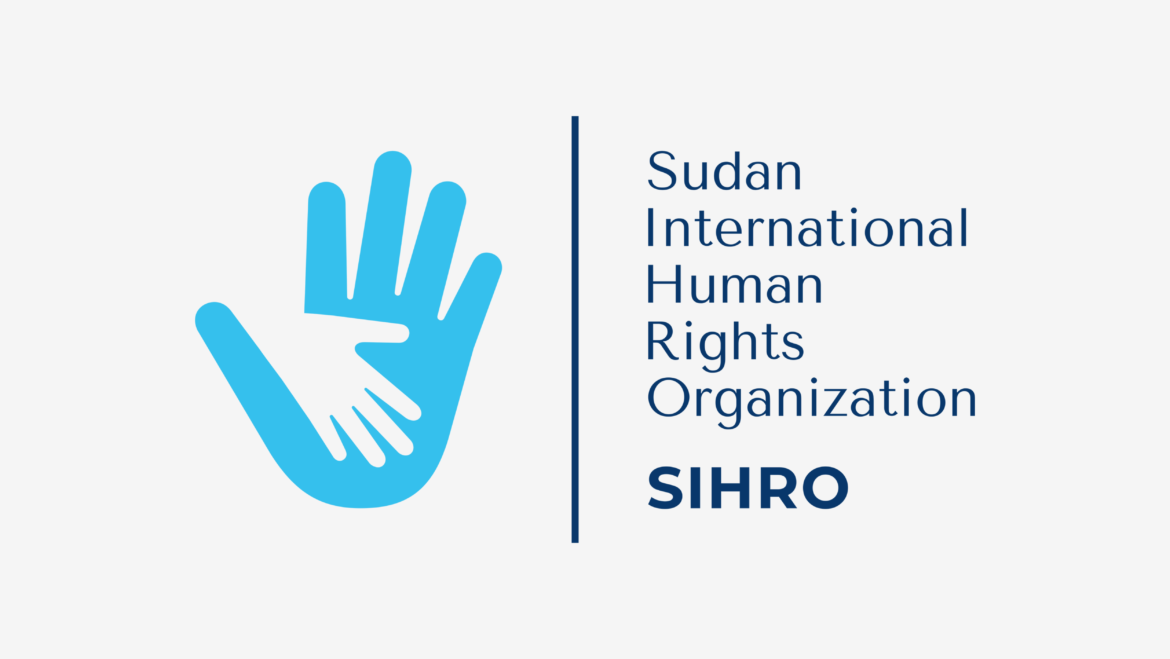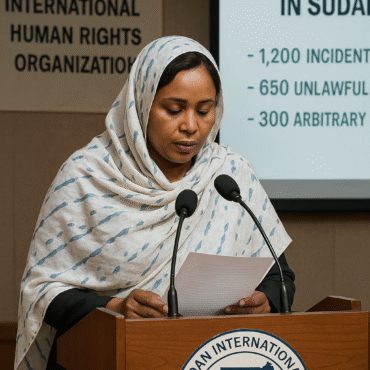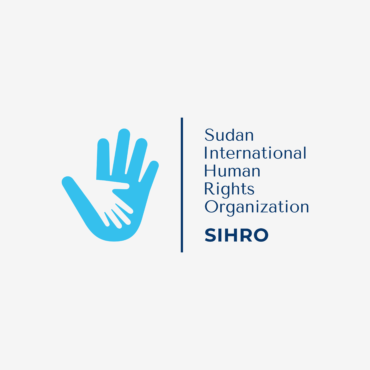Addis Ababa Declaration – Follow Up
Introduction:
This report analyzes Sudan’s complex and rapidly evolving political situation following the signing of the Addis Ababa Declaration between Taqaddum and the Rapid Support Forces (RSF). The reactions to this declaration have revealed deep political divides and escalating tensions, with implications for human rights and stability in the region. These developments can be broadly categorized into three groups: the Sudanese Armed Forces (SAF) and its De Facto Government, Civil Society Political Parties, and the Rapid Support Forces.
1. The Sudanese Armed Forces (SAF) and its De Facto Government:
a. Refusal of Dialogue and Opposition to the RSF: Abdel Fattah Al-Burhan, Chief of SAF and Chair of the Transitional Council, publicly denounced any talks with the RSF. In a significant speech, he criticized politicians for supporting Mohamed Hamdan Dagalo “Hemedti,” Commander of the RSF, labeling him a criminal.
b. Arming the Civil Resistance: Al-Burhan confirmed plans to arm the civil resistance movements, both within and beyond the monitoring of the SAF. This move signifies a significant shift in policy and raises concerns about the proliferation of arms among civilians.
c. Preparedness for Conflict: A call for SAF soldiers to be “ready” indicates an anticipation of further escalations and potential conflict.
d. Anti-Political Party Policies: The De Facto government has intensified its stance against political parties, particularly the FCC-CC. The acting Governor of the River Nile state issued a decree to dismantle local resistance and change committees, targeting politically affiliated individuals and those with dual nationalities.
e. Promotion of Armed Civil Resistance: Acting governors across Sudan have urged civilians to join the “Armed Civil Resistance,” advocating self-defense under SAF’s oversight.
2. Civil Society Political Parties:
a. Support for the Declaration: Most civil society entities and parties have endorsed it, calling for its implementation and emphasizing the RSF’s obligations.
b. National Roadmap for Democratic Transition: The National Mechanism for Democratic Transition, led by Aisha Mousa, proposed a roadmap to end the war. This plan includes merging the SAF and RSF under one council, aligning with the Framework Agreement.
c. Warnings Against Arming Civilians: Despite supporting the Declaration, there are widespread concerns about arming civilians based on ethnic and tribal affiliations, fearing it might spark a civil war involving multiple factions.
3. The Rapid Support Forces:
a. Continued Diplomatic Efforts: Hemedti has embarked on an African tour, including a visit to Rwanda, to demonstrate his commitment to achieving a peace agreement and resolving the conflict.
b. Rejection of Armed Civil Resistance: The RSF has condemned the SAF’s promotion of armed civil resistance as a precursor to civil war and has urged the Sudanese populace to disregard calls from the Sudanese Islamic Movement (SIM).
Conclusion and Human Rights Concerns:
The current trajectory in Sudan is increasingly problematic, with the potential for escalating into a full-scale civil war as more civilians are armed. This situation poses significant risks to human rights, including the right to life, security, and political participation. The international community and local stakeholders must urgently engage in diplomatic efforts to reach a peace agreement, prioritizing the protection of civilians and the region’s stability. The arming of civil groups, particularly along ethnic and tribal lines, is a dangerous development that could exacerbate existing tensions and lead to widespread violations of human rights. It is imperative to seek peaceful solutions and ensure that human rights remain in all political dialogues and agreements.




Add Comment